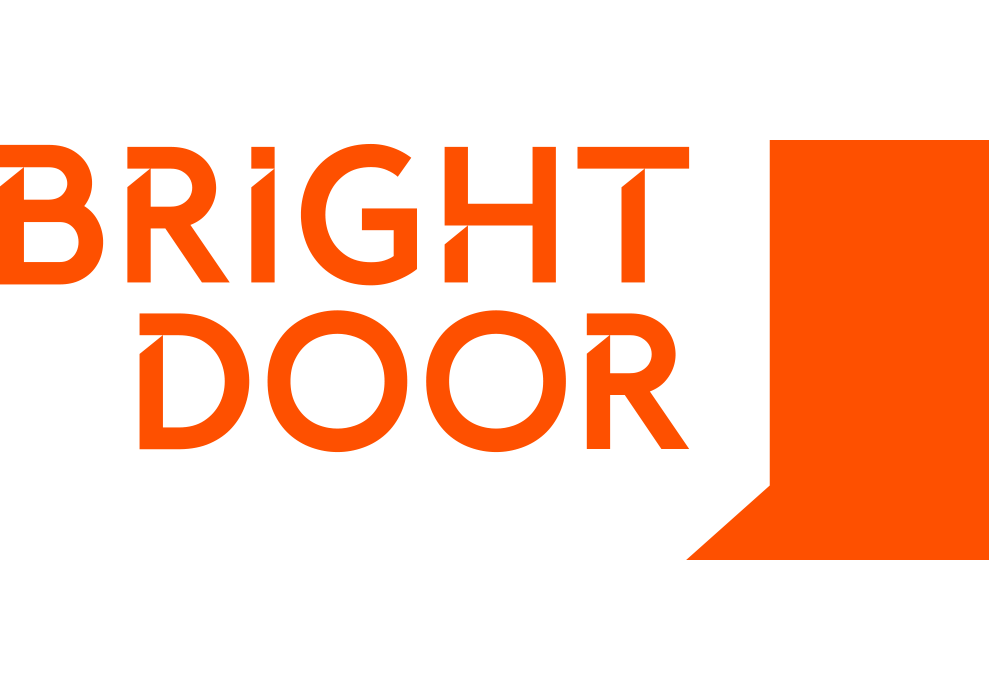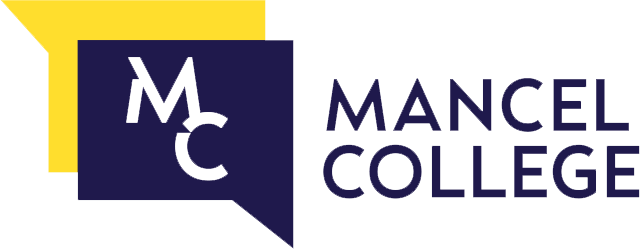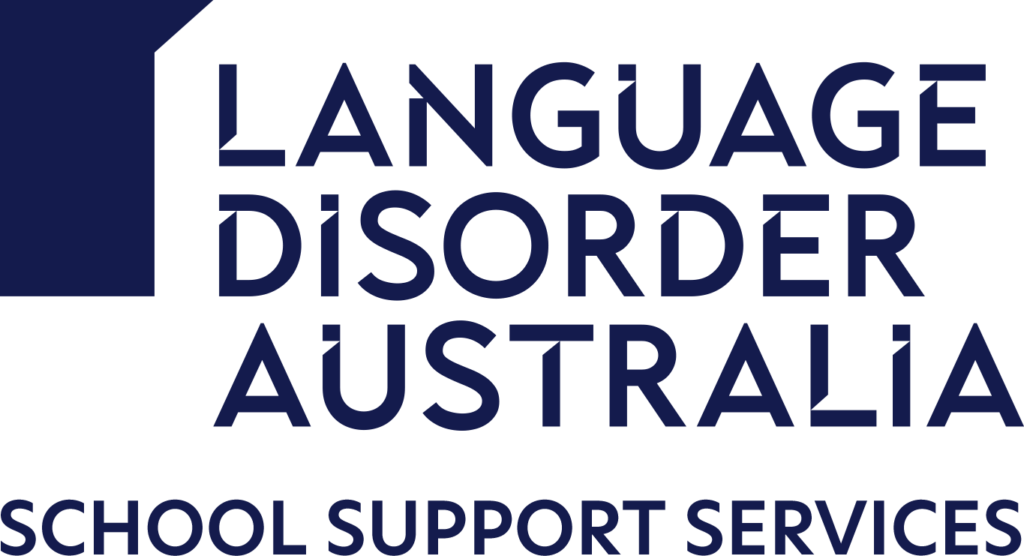- What is Language Disorder?
Language Disorder impacts a child’s ability to understand and use language.
Language Disorder is a neurodevelopmental disability that impacts a child’s ability to understand and use language. It impacts children and young people’s everyday social interactions and education.
What is Language Disorder? - Bright Door Clinics
- Mancel College
- School Support Services
Every child deserves the chance to succeed at school.
Getting a good start in school provides the foundation for a child’s learning and development for the rest of their lives.
School Support Services
Intensive Support (IS) Program
The program focuses on capacity building in school staff to enable continued support for students with Language Disorder, during and following the completion of intensive support. Intensive Support is not one-to-one therapy, but rather a model that focuses on staff professional development to better support students with Language Disorder in classrooms. The supporting staff member must be currently working in the classroom with the identified student (e.g. teacher aide; classroom teacher; learning support teacher) in order to enable practise of strategies throughout the intensive support process.
The intensive support program consists of four 45-minute sessions delivered either face-to-face or via e-services. The goals for the sessions will be drawn from the multidisciplinary consultation in collaboration with school staff. The initial session focuses on refining the process to best meet the needs of the staff member in training and the student. Classroom teachers are encouraged to attend the first session, together with the staff member in training, to promote open dialogue and collaboration. The format of intensive support is as follows:
| Session | Attendees | Focus |
| 1 |
|
|
| 2-4 |
|
|
E-services are primarily provided to regional and rural schools, where the team is unable to easily deliver face-to-face services. Schools are required to provide a computer or laptop with adequate internet connection to handle the software provided by School Support Services.
Following the completion of the intensive support program, the team will provide an Intensive Support Summary, outlining the student’s achievements and progress during the program, as well as future strategies, resources and recommendations for school staff.
Report Unpacking
Report unpacking sessions are designed to provide school staff an in-depth understanding of the individualised strategies and resources recommended for each priority area identified in the multidisciplinary report. The service involves:
• Meeting with classroom teachers, teacher aides, and/or learning support staff to discuss the multidisciplinary report and answer questions
• Provide practical suggestions for implementation of recommendations and strategies in the classroom
• Where possible, demonstration of activities and recommended resources
• Sessions can be delivered face-to-face or via e-services
Professional Development
This service is fully funded and complimentary to the schools who have accessed Language Disorder Australia’s School Support Services for assessment of referred students who present with Language Disorder. Schools accessing this professional development service will still receive a Multidisciplinary Report for each student assessed, in addition to this capacity building workshop. Topics to be covered during the workshop will be discussed and chosen during collaborative feedback discussions with the school. The workshops can be delivered face-to-face or via e-services. 1 hour in length.
For other professional learning opportunities, including free and paid options available to schools, please refer to our Professional Learning.
Student was recorded in the latest submission of the Nationally Consistent Collection of Data on School Students with Disability (NCCD) as receiving supplementary, substantial or extensive adjustments.
OR
New to the school (including Prep students): School has evidence of a diagnosed disability and has confirmed by the end of Term 1 that the adjustments provided are consistent with the descriptors for either supplementary, substantial or extensive in the NCCD Guidelines
– Supplementary: Student receives adjustments supplementary to the strategies and resources already available for all students within the school for particular activities at specific times throughout the week.
– Substantial: Student has substantial support needs and receives essential adjustments and requires considerable assistance to the usual educational program at most times, on most days.
– Extensive: Student has very high support needs and is provided with extensive targeted measures and sustained levels of intensive support at all times.









